The latest Star Ocean is totally cool with just being a solid JRPG
Final Fantasy is so immensely popular it's easy to forget that, once upon a time, Square Enix used to make other JRPGs on the regular. Star Ocean was one of them, an anime Star Trek/fantasy mash-up which was, admittedly, much more popular in Japan than it was in the West. As such, it has been largely pushed to the side to make room for Lightning and her line of designer handbags for almost a decade. Star Ocean: Integrity and Faithlessness marks the first entry in more than seven years, and during my lengthy 90-minute-long hands-on at PAX East, I noticed a familiar blend of JRPG conventions and interesting twists. It's the video game equivalent of comfort food, and it's been a long, long time since I've played something from Square Enix that felt so low-key and unafraid to just be what it is.
Your story begins as many JRPGs do: sword training in a small, idyllic coastal village. You play as Fidel Camuze, a young man who's grown up in this town and wants nothing more than to see it safe. After an invasion by a group of bandits known as the Eitolon, Fidel and his friend Miki Sauvester (aren't these names great?) head off to the capital to beseech the king for additional troops and resources to protect their village.
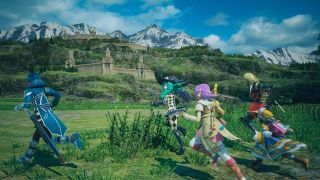
For the next hour or so, I wandered through the coastline, fighting off giant crabs and flying fish, opening treasure chests, and marching on toward the next city. No, it's not glamorous, but there was a contentment in the routine that reminded me of the hours and hours I spent playing Star Ocean: The Second Story years ago on PlayStation, of leveling up my crew, gaining skill points and unlocking new abilities. Combat actually seems largely unchanged, too. Like previous Star Ocean games, battles take place in real-time. You've got normal attacks on the X and Circle buttons, and you can hold them down to activate equipped skills, with attacks you pull off changing based on whether you're up close to your enemy or far away. The combat hovers on this knife edge between chaos and strategy, and while it's a little cumbersome, fighting off endless waves of monsters is actually way more fun because of its focus on action.
I was able to get through a lot of the early battles with relative ease (shouldn't be too hard to take down a pile a goo, big as it may be), but once I hit the next town, the Square Enix rep loaded up a different save file, one that put me a dozen hours into the game, thrusting me into the middle of a chrome-covered science facility. Now, I had six of the seven total party members at my disposal, and all of them - yes, all of them - join you in frenetic combat.
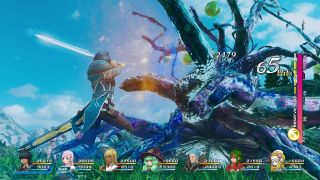
Now individual battles transform from merely action-packed to delightfully unhinged, as you watch your characters let spells and sword slashes fly with abandon. There's still plenty of strategy, though, as you can switch between characters at will, allowing you to heal or attack at will. Your party can also learn and equip a variety of skills that give them additional stat boosts or make them more effective against certain types of enemies. You can even change these skills on the fly during battle, so if an encounter isn't going your way, you can fiddle around with them to see if you can tilt the momentum in your favor.
Because battles are real-time and take place in the same environments that you run around in (and not on a separate battle screen, like many JRPGs), Star Ocean lends itself to scenarios you usually don't find in the genre. One particular battle in my demo had one of my more technologically-minded party members hacking into a computer terminal and leaving her defenseless. While she's doing that, enemies continue to pour into the room, and I had to keep her safe with my five remaining characters. That sort of thing is pretty commonplace in shooters or other action-oriented genres, but to see it in a JRPG is pretty unheard of, and it was a refreshing change of pace from the typical battle grind.
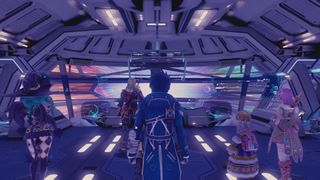
Star Ocean: Integrity and Faithlessness isn't going to blow anyone away. The graphics aren't terribly great (especially for a PlayStation 4 game), the aesthetic and premise are niche, even by JRPG standards, and parts of its gameplay feel clunky and unpolished. But it also harkens back to a time when Square Enix just made solid JRPGs, when losing yourself in an interesting world with ridiculously-named characters didn't have to be a hyper-pretentious, multi-million dollar proposition. Star Ocean knows exactly what it is, and as someone who's missed its strange blend of sci-fi and fantasy for far too long, I think that's just fine. Look for it on PlayStation 4 on June 28.
Sign up to the 12DOVE Newsletter
Weekly digests, tales from the communities you love, and more
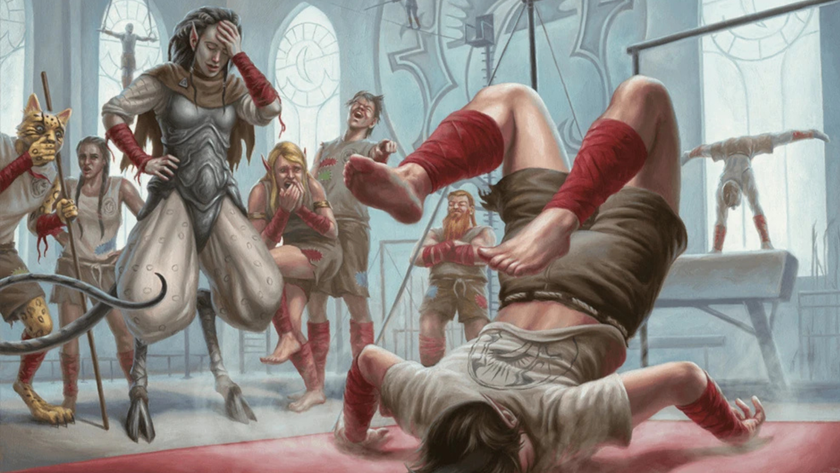
The Baldur's Gate 3-themed Stardew Valley mod that Larian boss Swen Vincke called "amazing" gets DMCA'd by D&D publisher Wizards of the Coast
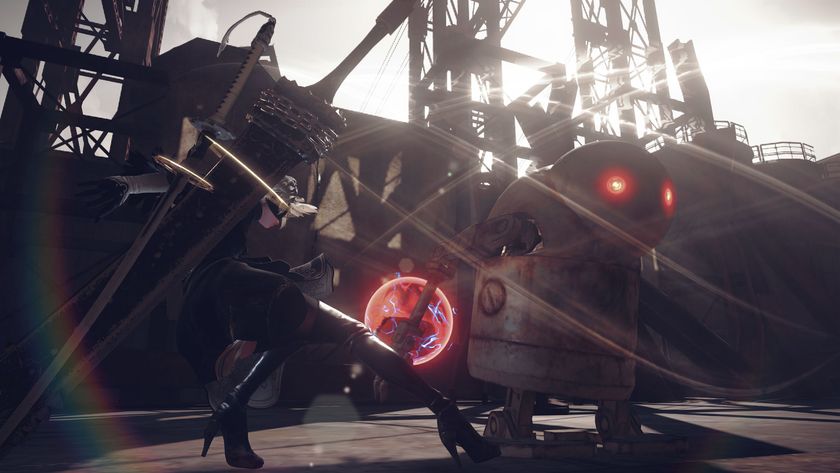
After PlayStation boss praises Nier Automata as a savior for Japanese games overseas, Yoko Taro says he was specifically told to focus on Japan because it wouldn't fly overseas











